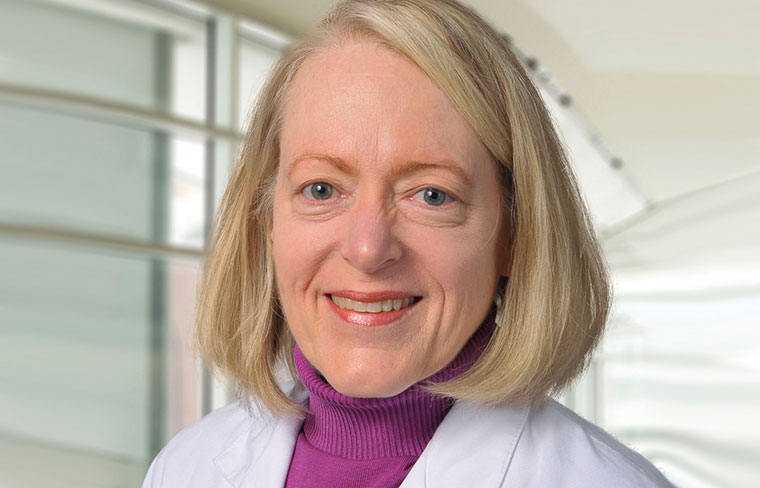
During Tuesday morning’s AGA Academy of Educators Plenary Session, two expert medical educators will offer strategies to improve GI education. The 90-minute session, Improving Fellowship Programs Through Innovation — From Recruitment Strategies to Teaching Endoscopy, is sponsored by the AGA Institute Education & Training Committee.
“Effectively educating the next generation of physicians is of the utmost importance,” said session moderator Sheryl Pfeil, MD, AGAF, practicing gastroenterologist at The Ohio State University Wexner Medical Center, Columbus. “Many of us, regardless of our roles, are involved in teaching to some degree. It’s really an innate part of what we do as physicians. There are a lot of new techniques and new information that influence our best teaching methods. This is an effort to bring some of that to the DDW® audience.”
Amy Oxentenko, MD, AGAF, residency program director and associate chair of the department of internal medicine at the Mayo Clinic, Rochester, MN, will discuss effective recruitment strategies to match talented and diverse trainees to residency programs.
“In academic medicine, we all want to match the right candidate to the right program,” Dr. Pfeil said. “How do we do that? You need to define the type and mix of candidates you’re looking to match. That helps you to know how to focus your effort. What are the characteristics of candidates you’re looking for?”
Dr. Oxentenko will offer strategies to help GI training directors recruit trainees and make their programs more appealing to prospective applicants.
“We can easily forget simple things that can have a big impact our our recruitment,” Dr. Pfeil said. “Have you looked critically at the way you present your program to prospective applicants? Have you done an actual walkthrough of the program? You have to think about what an applicant literally sees — the clinical spaces, the lab spaces and, most importantly, the people they encounter.”
Dr. Oxentenko will also discuss metrics to improve recruitment and better predict which applicants will perform well once accepted.
“We want program directors to approach recruitment more objectively, which will allow for better alignment of trainees to programs, and therefore improve educational outcomes for trainees,” Dr. Pfeil said.
Josh Melson, MD, AGAF, associate professor at Rush University Medical Center, Chicago, IL, is an expert in teaching polyp detection and resection in colonoscopy who will discuss best practices for educating trainees while still taking care of patients in a safe and efficient way.
“Using colonoscopy with polyp detection and removal as an example is one way to talk about this concept of how we train our fellows while maintaining the highest standards of patient care,” Dr. Pfeil said. “As part of his presentation, Dr. Melson will talk about devices, such as scope add-on devices or image enhancement devices, that might aid in teaching lesion detection and recognition. He’ll touch on the roles of simulation and artificial intelligence and what these advances might bring to teaching polyp recognition and resection techniques.”
The session will begin with four brief presentations by the recipients of the AGA Academy of Educators grants. Each will give a quick overview of the research project that earned them the grant.
“These are really innovative,” Dr. Pfeil said. “We’ll hear about four unique education projects, including one about a curriculum in motility for GI fellows. Another involves a case-based, interactive radiology curriculum for GI trainees. We’ll also hear about GI fellows’ understanding of obesity and nutrition management. And finally, we’ll look at a curriculum to determine the threshold for competency in video capsule endoscopy interpretation.”
Please refer to the DDW Mobile App or the Program & Exhibits section for the time and location of this and other DDW events.



